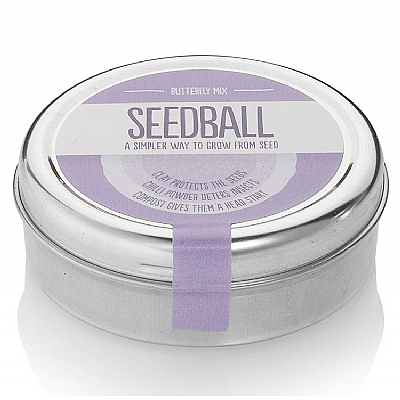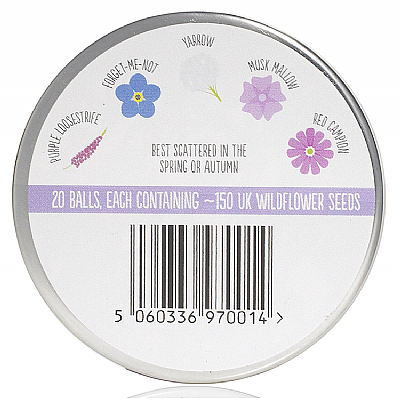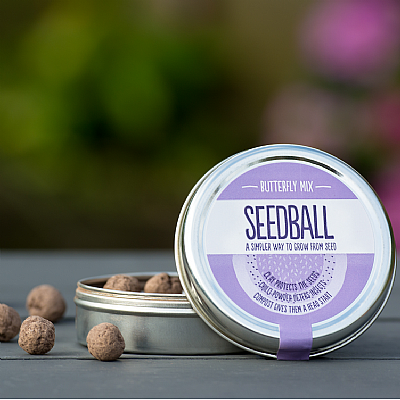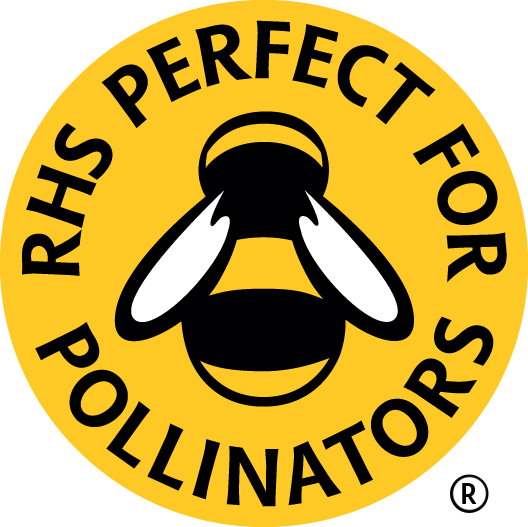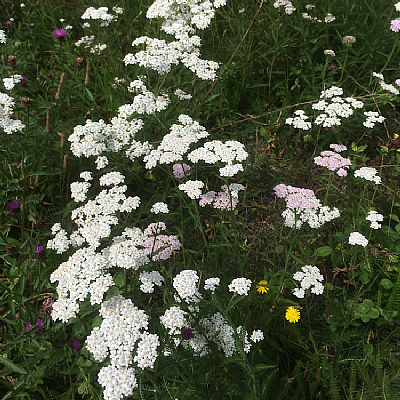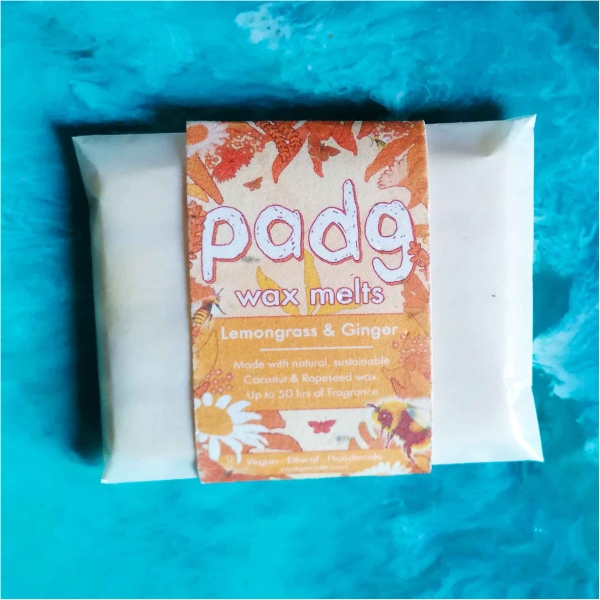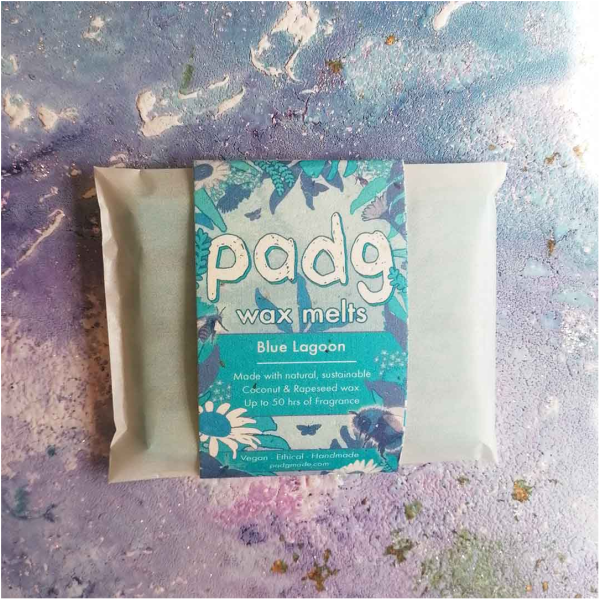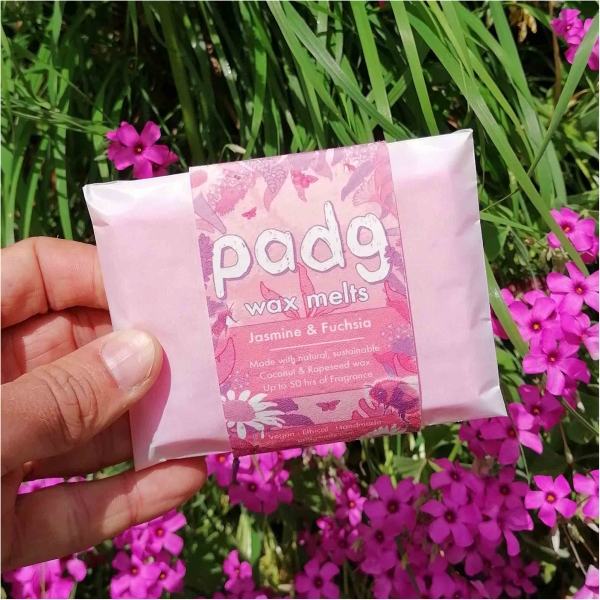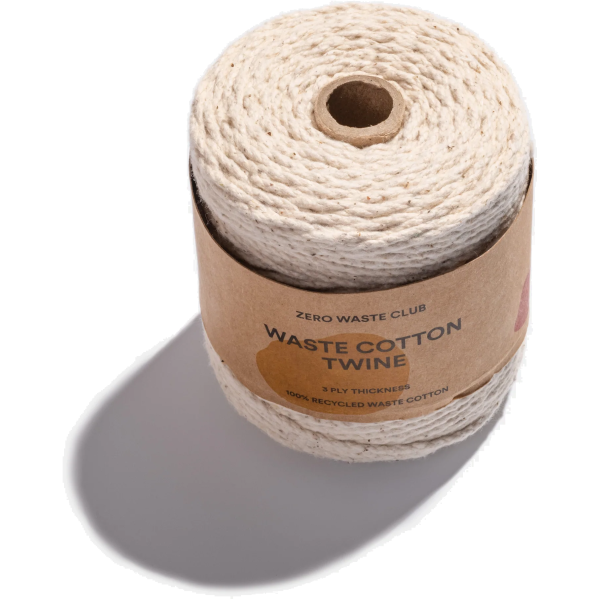Seedball – Butterfly Mix
£6.10
- Forget-me-not, Musk mallow, Purple loosestrife, Red campion and Yarrow.
- 20 balls per tin, 30 seeds per ball.
- Easy to use, simply scatter on top of soil in a garden bed or planter.
- Scatter in spring or autumn. Sprouts seen in 4-6 weeks.
- Now also includes a sprinkling of annuals Chamomile, Cornflower, Corn marigold, and Night-flowering catchfly,
Forget-me-not (Myosotis arvensis)
Short annual with blue-grey flowers occasionally interspersed with pink flowers.
Height: 10-40cm
Flowers: April to October
Geeklet: Forget me nots have been used in the past for their astringent properties. The name Myosotis is derivation of the Latin and Greek for mouse and ears.
Musk mallow (Malva moschata)
Description: A tall perennial with large rose pink petals.
Height: 40-70cm
Flowers: June to August
Geeklet: The plant is cultivated for its seeds, which are used in perfumes. The plant also yields a fibre that can be used for clarifying sugar.
Purple loosestrife (Lythrum salicaria)
A tall perennial with a spectacular spike of magenta flowers.
Height: up to 150cm
Flowers: June to August
Geeklet: A beautiful ornamental plant well suited to boggy areas.
Red campion (Silene dioica)
A perennial with rose pink petals.
Height: 20-60cm
Flowers: March to November
Geeklet: Silenus the merry god of the woodlands in Greek mythology, gave his name to Silene dioica. The second part of its scientific name, dioica, means ‘two houses’, and refers to the fact that each Red Campion plant has flowers of one sex only, so that two plants are needed to make seeds.
Yarrow (Achillea millefolium)
A perennial aromatic herb with white flowers arranged in a many flowered flat umbel head.
Height: 8-60cm
Flowers: June to August
Geeklet: Yarrow is a common herb that has been highly regarded for its medicinal properties in Britain since Anglo-Saxon times, it is said that Achilles used this herb to treat the wounds of his soldiers.
What is Seedball?
A ball made from seeds, clay, peat-free compost and chili powder.
Why use Seedball?
The ball prevents the seeds from being a tasty lunch for birds and insects, thereby increasing the chances of your flowers growing. Plus they’re super easy to use, no digging and no expert knowledge needed!
What’s in the tin?
There are 20 balls in each tin, and around 30 seeds per ball.
How do I grow Seedball?
Just throw onto soil or compost in a garden bed or planter. Your Seedball has everything it needs to grow and, once the ball becomes moist and the temperature is right, your seeds will germinate!
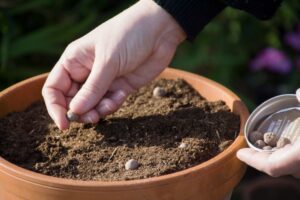
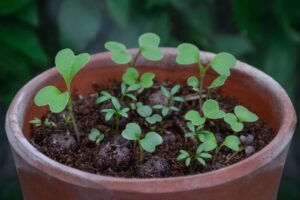
What area will my Seedball cover?
We would usually advise 20 seed balls per square metre, or 3-5 seed balls for a 35cm container.
Conservation:
All seed is responsibly sourced in the UK from Flora Locale accredited suppliers, we only ever use peat-free compost and our steel tins are manufactured in London (with the help of a solar farm on the factory roof).
In stock

